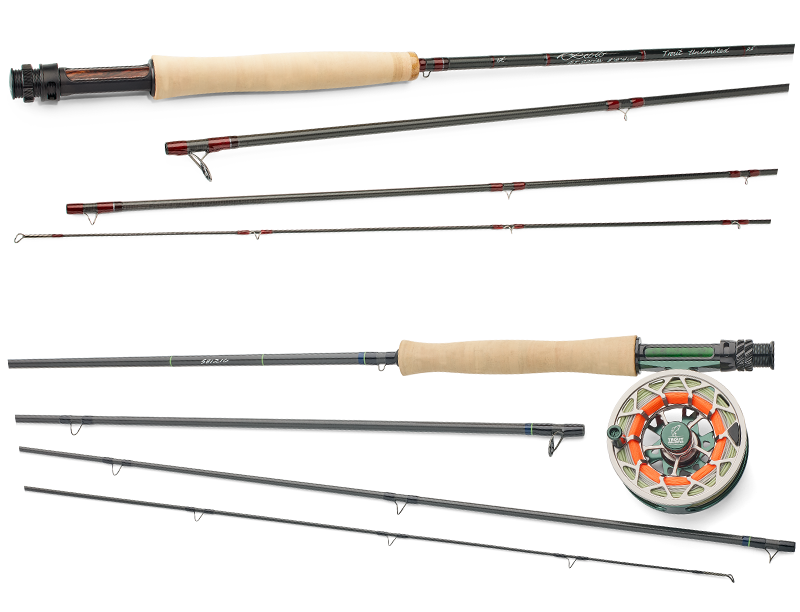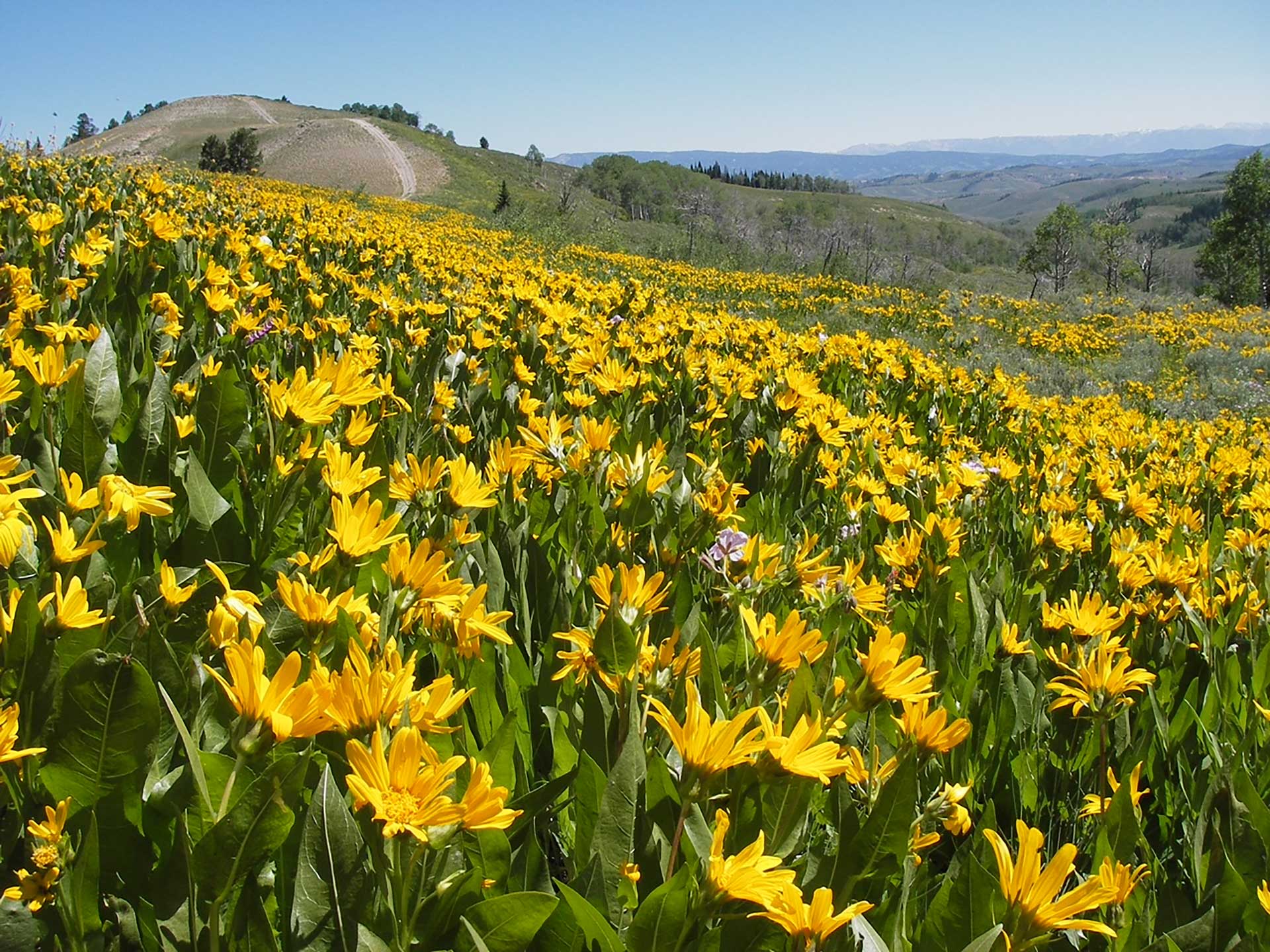It’s time for Washington to act on public lands protections
You grow up in the West and you quickly learn to never whine about rain, even if it comes while the hay is down. That’s because drought is a constant and water is capricious. “Can you remember the last time it rained?” is a far more common question than “When is this rain going to let up?”
The same might be said of public land protection measures. Suffice it to say, we’ve had a heck of a drought. In March 2009, newly-minted President Barack Obama signed the Omnibus Public Land Management Act, bringing to fruition the most sweeping conservation efforts—all in one package—of the century. Trout Unlimited might as well have handed the pen to the president for his signature, for our fingerprints were all over that Act, from the Wyoming Range Legacy Act co-sponsored by Republican U.S. Sens. John Barrasso and Mike Enzi, to Oregon’s Copper Salmon Wilderness Act spearheaded by Democratic U.S. Rep. Peter DeFazio. Thousands of miles of native trout and salmon habitat were forever protected on that historic day.
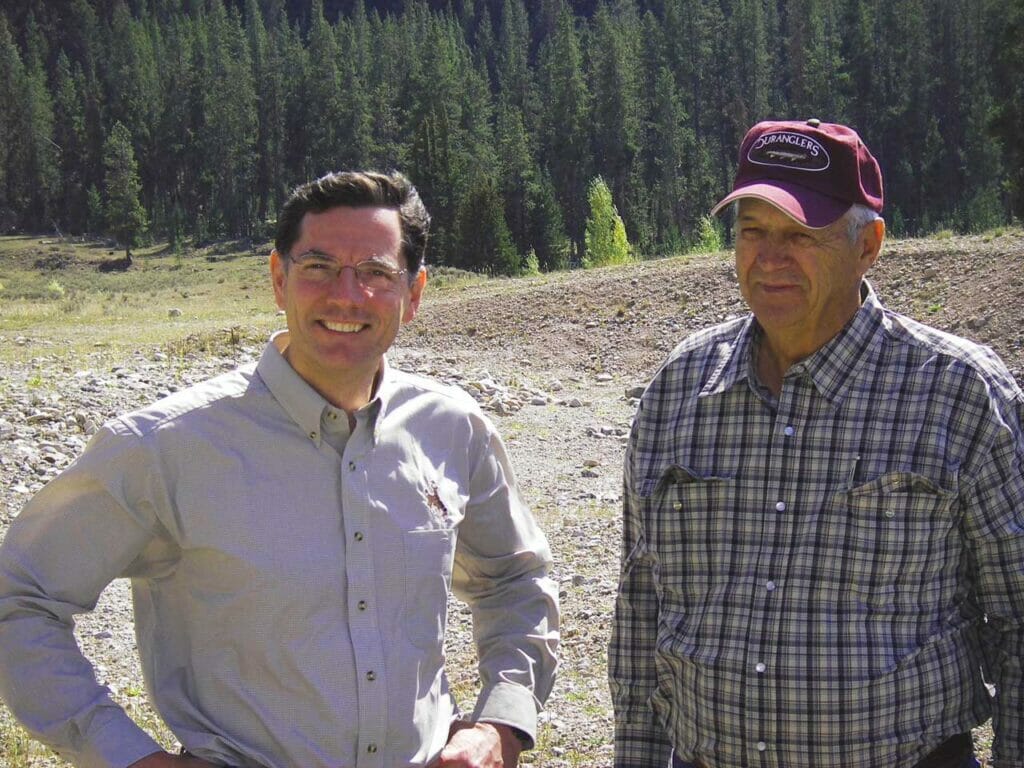
Then it quit raining. One might say the rain of collaboration, cooperation and bipartisanship quit too.
In the 13 years since, few bills with public lands protections such as wilderness have passed—the John D. Dingell, Jr. Conservation, Management, and Recreation Act, which became law in 2019, being one notable exception. In fact, of the 123 laws designating wilderness since the passage of the Wilderness Act in 1964, only six have passed since 2009.
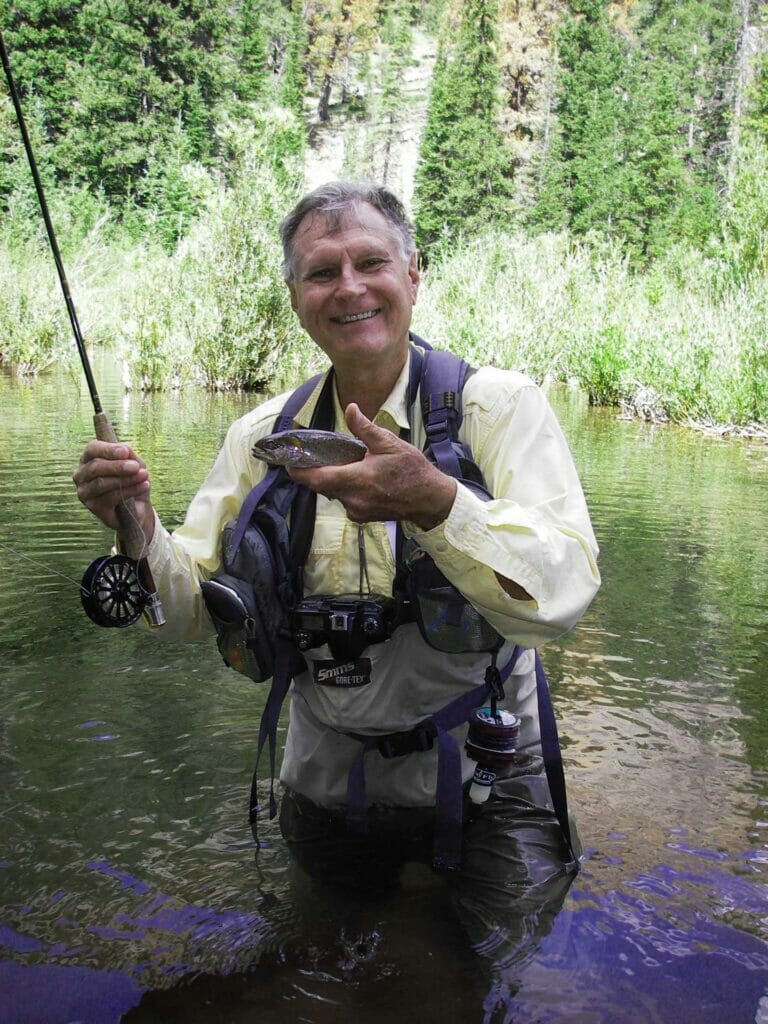
Bipartisanship is an endangered species, if not altogether extinct. Big-ticket, high-profile issues and politics have distracted Congress, and people from each party have chosen their corners and retreated to them.
This extended dry spell in public lands protection and cooperation is particularly untimely in the face of mankind’s need to decompress in nature. We saw this in 2020 when herds of a distressed public descended upon public lands across the country to escape the worries and stresses of a pandemic unlike any seen in 100 years. People from all walks of life came to listen to the songs of birds, catch a fish, hunt, camp, raft, kayak, rock climb and much more. All in the name of physical and mental health.
That thirst for a return to nature has not waned in the American heart, but Congress has been slow to answer the call and protect such places for restoration of the human soul and health. Evidence a recent hearing this past spring in the U.S. Senate’s Energy and Natural Resources Committee, when senators went to their respective sides and voted along party lines —10 for and 10 against—stalling a slate of public lands bills brought forward by the people of the West. This included a bill that would have designated more than 70,000 acres of new wilderness in Colorado and protected the 221,000-acre Thompson Divide, some of the state’s very best elk and deer habitat. Another bill would have saved the headwaters of New Mexico’s Pecos River from irresponsible hardrock mining projects.
Then it happened again. On July 21, two bills with broad local support, the Grand Canyon Protection Act and the Blackfoot Clearwater Stewardship Act, came up for a vote in the Senate Energy and Natural Resources Committee, and once again those votes were split along party lines. Two more bills, the M.H. Dutch Salmon Greater Gila Wild and Scenic River Act and the Smith River National Recreation Area Expansion Act, narrowly squeaked by with only one member of the minority party voting in favor.
Thing is, we Americans deserve better. We still cooperate at the grassroots level—the aforementioned bills were built by the people for the people—and yet when we call on Congress to see these efforts through to fruition, all too often they can’t get the job done.
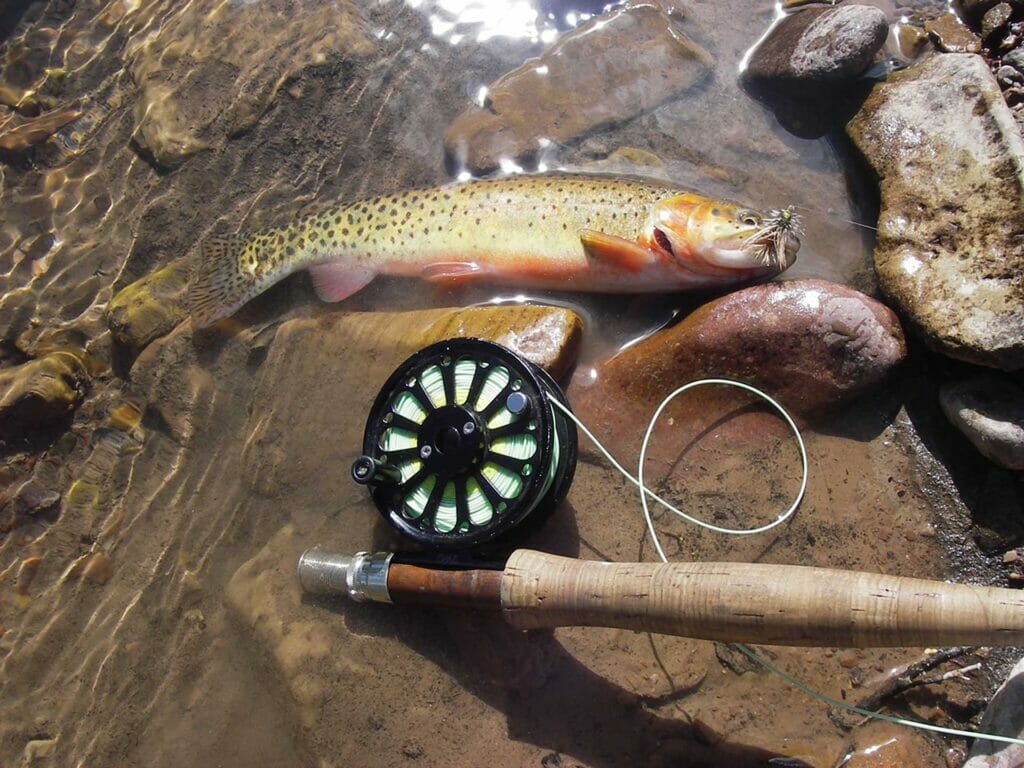
Thirteen years is far too long for a drought, even in the West. Little wonder that some of these same hard-working folks who collaborated with good intention are starting to urge the Biden Administration to take executive action, such as National Monument designation, to protect places like these. Congress needs to act this year to avoid such a move.

